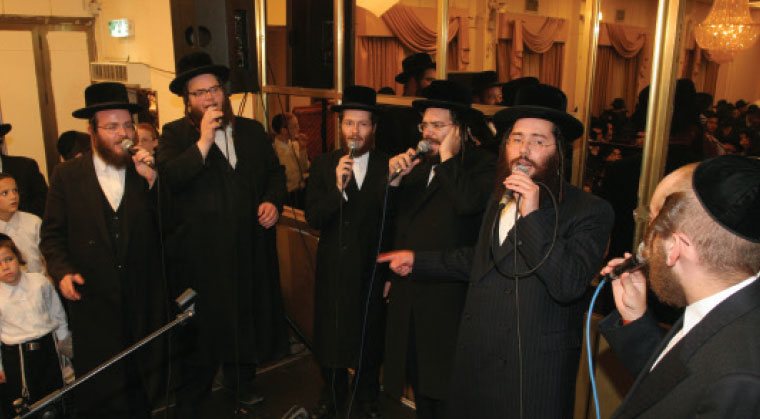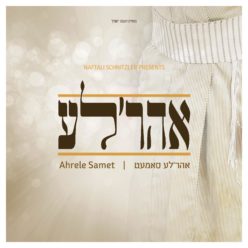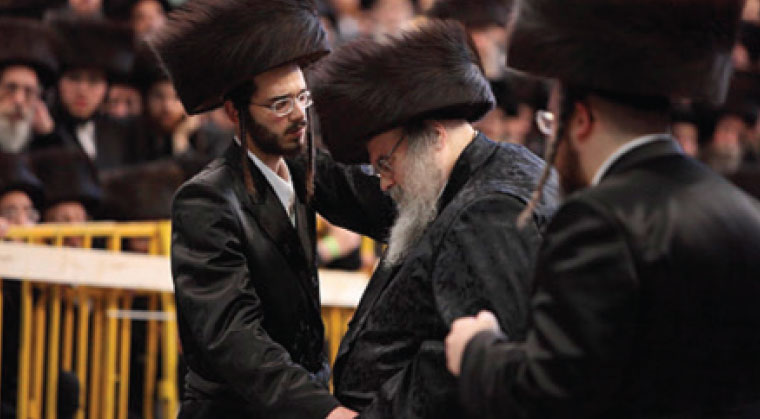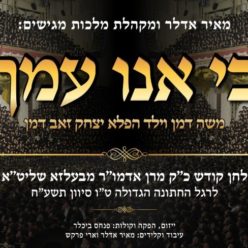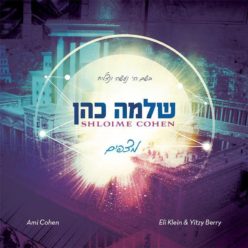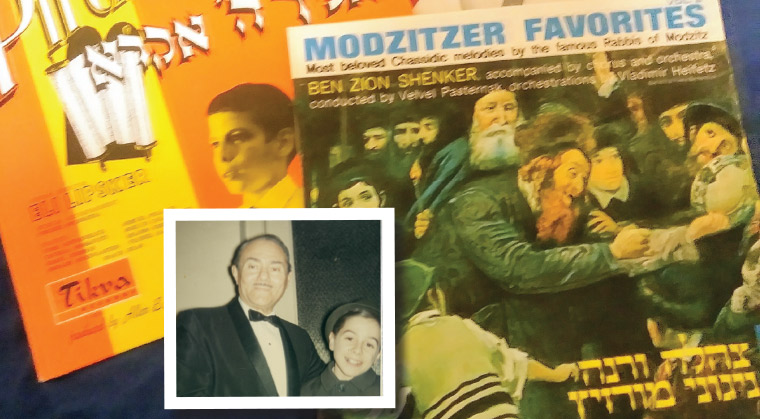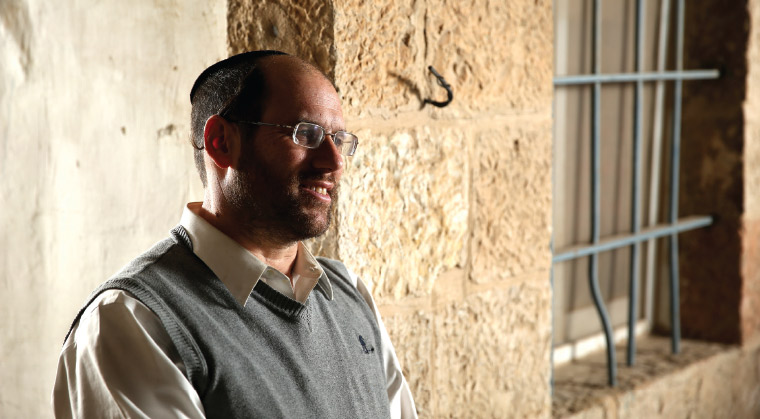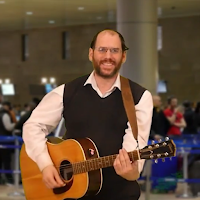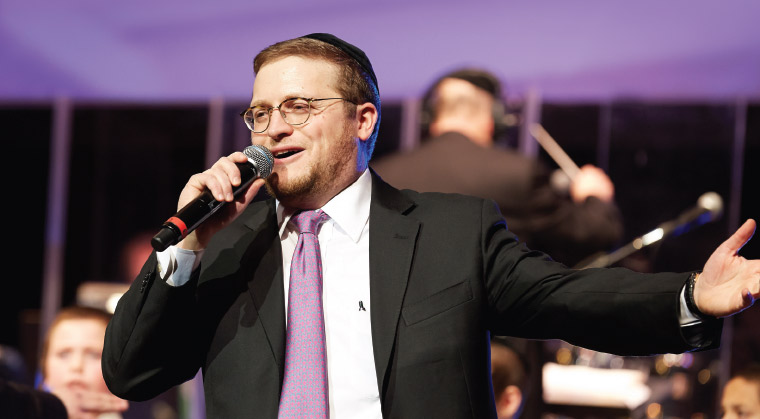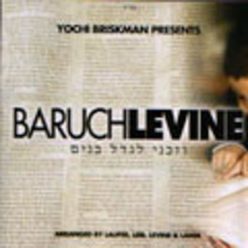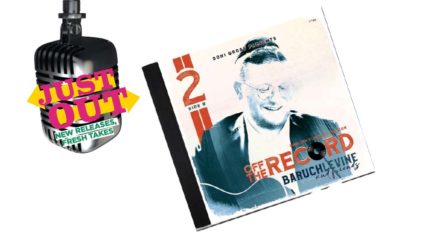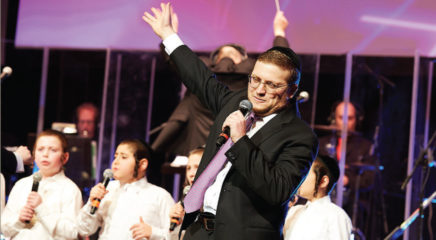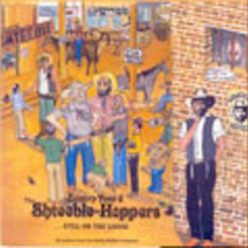T
he new Ahrele Samet album, simply titled Ahreleh, is not really about being new, says producer Naftali Schnitzler. “It actually goes back to a time when Jewish music was not about being new and different, but just about arranging and singing songs to their best advantage.” Samet has been one of Israel’s premier wedding and event singers for years, as well as a popular part of the high-spirited singing at the Yerushalmi Simchas Bais Hashoeivah celebrations, and Lag B’Omer in Meron. But despite his years on the professional music scene, the new release is his debut solo album.
The music is all real, not digitally generated, although on Track 8, “Tzorchei,” Schnitzler creates an electronic, postmodern effect. All along, Samet was keen to include compositions by veteran composer Pinky Weber in his album, so Naftali Schnitzler met with Pinky in Williamsburg on his behalf. The two sat for hours at the piano, working to create some new material, but it wasn’t happening. At one stage, Naftali sent a message to Ahrele, explaining that it just wasn’t going. Samet said, “Give it one more try. I’m going to light a candle l’ilui nishmas Rav Menachem Mendel of Riminov and say some Tehillim.” The song that resulted — just 15 minutes later — was “Aval Melech Elyon,” Track 7 on the album.
Schnitzler points out that the melody is an interesting mix. “The song starts in a major key, which gives it a bit of a more cool, modern feel. But then it warms up and really becomes hartzig.” It’s still a few months to Rosh Hashanah, but the song has already become a popular request at events in Eretz Yisrael. (Originally featured in Mishpacha, Issue 713)

